Unraveling the Complexities of Learning and Attention
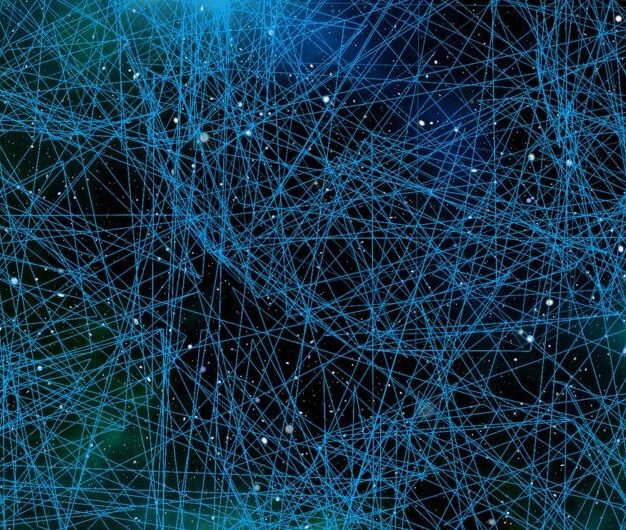
What is Dyslexia with ADHD?
Dyslexia and Attention Deficit Hyperactivity Disorder (ADHD) are distinct neurodevelopmental conditions that frequently co-occur. Research suggests that up to 40% of individuals with dyslexia also meet criteria for ADHD. When someone has both dyslexia and ADHD, we refer to this unique neurological profile as Dyslexia-ADHD.
The Diagnostic Evolution of Dyslexia-ADHD
Historically, the reading difficulties associated with dyslexia were sometimes confused with attention problems in ADHD, leading to potential misdiagnosis or incomplete treatment. Recent advancements in understanding neurodevelopmental differences have led to more nuanced diagnostic approaches, recognizing that these conditions can coexist and interact in complex ways.
The Neurological Complexity of Dyslexia-ADHD
Brain imaging studies have shown that both dyslexia and ADHD involve differences in neural pathways related to reading, language processing, and attention. In Dyslexia-ADHD, these neurological differences interact in complex ways, creating a unique cognitive landscape that affects both learning and attention.
The Push-Pull of Overlapping Symptoms
Living with Dyslexia-ADHD often involves navigating challenges in both reading and attention:
- Dyslexia can make reading effortful, while ADHD may cause difficulty sustaining attention during reading tasks
- ADHD impulsivity might lead to guessing words, compounding dyslexia-related reading errors
- Both conditions can impact working memory, further complicating the learning process
These overlapping traits can result in:
- Difficulty completing reading-based tasks due to both decoding challenges and attention issues
- Lower academic self-esteem stemming from struggles in multiple areas
- Increased frustration and potential avoidance of reading and writing tasks
Gender Differences in Presentation
Dyslexia-ADHD can manifest differently across genders:
- Girls may be more likely to internalize their struggles, leading to anxiety or depression
- Boys might display more externalizing behaviors, potentially leading to earlier identification
- Societal expectations and educational approaches can influence how symptoms are perceived and addressed
Rethinking Treatment for Dyslexia-ADHD
Managing Dyslexia-ADHD requires a comprehensive approach that addresses both reading difficulties and attention regulation. While some traditional treatments like Somatic Experiencing may not directly apply, other innovative approaches showing promise include:
- Integrated Learning Therapy: This approach combines movement-based exercises with cognitive tasks to improve reading skills and attention. It can help individuals with Dyslexia-ADHD strengthen neural connections related to both reading and focus.
- Neurodevelopmental Approach: This method addresses underlying sensory-motor issues that may contribute to both dyslexia and ADHD symptoms. It can help improve visual tracking, auditory processing, and motor coordination.
- Mindfulness-Based Interventions: Adapted mindfulness practices can help individuals with Dyslexia-ADHD improve attention and reduce anxiety around reading tasks.
- qEEG Brain Mapping: This non-invasive assessment tool can provide valuable insights into the specific brain activity patterns of individuals with Dyslexia-ADHD. The resulting data can guide personalized treatment plans, including neurofeedback interventions to address both reading-related and attention-related neural patterns.
These approaches, combined with traditional interventions like structured literacy instruction for dyslexia and behavioral strategies for ADHD, can provide a comprehensive treatment plan for Dyslexia-ADHD.
The Strengths of a Dyslexia-ADHD Mind
While challenging, this neurological combination can also confer unique strengths:
- Creative problem-solving skills developed from finding alternative ways to learn
- Ability to think holistically and see the “big picture”
- Heightened spatial reasoning and visual-spatial skills
- Resilience and perseverance developed from navigating learning challenges
Embracing the Dyslexia-ADHD Experience
Understanding Dyslexia-ADHD as a distinct neurotype is crucial for proper support and self-acceptance. It requires appreciating the complex interplay between reading processes and attention regulation, rather than viewing them as entirely separate issues.
For those living with Dyslexia-ADHD, developing personalized learning strategies is key. This might involve:
- Using assistive technologies like text-to-speech software and graphic organizers
- Breaking tasks into smaller, manageable chunks to accommodate both reading and attention needs
- Exploring multi-sensory learning approaches that engage various learning pathways
- Building a support network that understands both dyslexia and ADHD
With the right combination of professional support, adaptive learning strategies, and self-compassion, individuals with Dyslexia-ADHD can achieve academic success and lead fulfilling lives that honor the complexity of their neurological makeup.
If you relate to the experiences described in this article, consider seeking an assessment from an educational psychologist or neuropsychologist experienced in both dyslexia and ADHD. Remember that your experiences are valid, and support is available to help you navigate this unique neurotype.
Resources to ADHD Comorbid with Other Disorders
Taproot Therapy Collective (Birmingham, AL)
- Treatments: Brainspotting, EMDR, Somatic Experiencing, Lifespan Integration, Parts-Based Therapy, Trauma Mapping.
- Specialties: Specializes in trauma therapy, PTSD, anxiety, panic, and dissociative disorders. Their therapists use integrative methods to help clients heal from trauma at a deep, somatic level.
- Website: gettherapybirmingham.com
1. Crisis Center Birmingham (24/7 Crisis Line)
- Phone: (205) 323-7777
Provides immediate support for individuals in emotional distress, including suicide prevention, trauma, and mental health crises. - Website: crisiscenterbham.org
2. Rape Response Line (Crisis Center Birmingham)
- Phone: (205) 323-7273
Dedicated to providing support for survivors of sexual assault, available 24/7. - Website: crisiscenterbham.org/rape-response
3. Teen Link (Crisis Center Birmingham)
- Phone: (205) 328-5465
Teen-specific support line for youth in emotional or mental distress. - Website: crisiscenterbham.org
4. National Suicide Prevention Lifeline (Serving Alabama)
- Phone: 988
A national 24/7 suicide prevention hotline accessible to individuals in Birmingham and the rest of Alabama. - Website: 988lifeline.org
5. UAB Psychiatry Emergency Services
- Phone: (205) 934-7008
Provides immediate psychiatric evaluation and crisis intervention at the University of Alabama at Birmingham Hospital. - Website: uabmedicine.org
6. Alabama Domestic Violence Hotline
- Phone: 1-800-650-6522
24/7 support for individuals experiencing domestic violence, available statewide, including Birmingham. - Website: acadv.org
7. Birmingham AIDS Outreach Crisis Line
- Phone: (205) 322-4197
Provides crisis support for individuals affected by HIV/AIDS, including mental health services and support for LGBTQ+ communities. - Website: birminghamaidsoutreach.org
8. Alabama 2-1-1 Call Center
- Phone: 2-1-1
A statewide information and referral line connecting individuals to crisis support services for housing, food, mental health, and substance abuse issues. - Website: 211connectsalabama.org
9. Jefferson County Family Resource Center Crisis Line
- Phone: (205) 945-6000
Provides crisis intervention, including family support, domestic violence resources, and mental health services. - Website: jcfrc.org
10. Veterans Crisis Line (Serving Birmingham)
- Phone: 988 (Press 1)
A specialized crisis line for veterans experiencing emotional distress, available nationwide and locally. - Website: veteranscrisisline.net
- Phone: (205) 323-7777
LGBTQ+ and Poly-Friendly Support
Magic City Acceptance Center (MCAC)
LGBTQ+ youth programs, adult support groups, and community events in Birmingham.
Website: mcacbham.org
Birmingham LGBTQ+ Circle of Healing
Support groups for LGBTQ+ individuals focusing on mental health and holistic wellness.
Contact through Magic City Acceptance Center.
Inclusive Therapists
Directory of therapists in Birmingham and Hoover specializing in LGBTQ+ and poly-friendly care.
Website: inclusivetherapists.com
PFLAG Birmingham
LGBTQ+ support groups for families and friends of LGBTQ+ individuals, offering mental health and advocacy resources.
Website: pflaga.org/birmingham
Steel City Spectrum
Provides support and resources for the transgender and gender-nonconforming communities in Birmingham.
Website: steelcityspectrum.org
Free & Low-Cost Therapy and Counseling
Impact Family Counseling (Birmingham, AL)
Provides sliding-scale counseling services for trauma, anxiety, depression, and family therapy.
Website: impactal.org
Firehouse Shelter (Birmingham, AL)
Offers mental health services and crisis support for homeless individuals in the Birmingham area.
Website: firehouseshelter.com
Pathways Birmingham
Women’s shelter offering mental health and trauma support for homeless women and children.
Website: pathwayshome.org
United Way of Central Alabama
Offers access to free or low-cost mental health counseling and crisis intervention through partnerships.
Website: uwca.org
BridgeWays Alabama
Offers family and youth counseling, including trauma recovery, on a sliding fee scale.
Website: bridgewaysalabama.org
Holistic & Alternative Therapy Centers
Taproot Therapy Collective (Birmingham, AL)
Offers holistic mental health services like Brainspotting, EMDR, and somatic trauma therapies.
Website: gettherapybirmingham.com
Birmingham Wellness Institute
Focuses on alternative healing practices such as yoga therapy, mindfulness, and EMDR.
Website: bhamwellness.com
Sojourn Counseling (Hoover, AL)
Provides integrative counseling with a focus on EMDR, trauma work, and mindfulness.
Website: sojourncounseling.com
Red Mountain Therapeutics (Birmingham, AL)
Offers somatic therapies, acupuncture, and integrative emotional healing for trauma recovery.
Website: redmountaintherapeutics.com
Shanti Healing Arts Center (Birmingham, AL)
Focuses on trauma-sensitive yoga, meditation, and holistic therapies for emotional and mental health.
Website: shantihealingarts.com
Lifespan Integration & Trauma Mapping
Birmingham Counseling Associates
Provides Lifespan Integration therapy for complex trauma and PTSD.
Website: bhamcounseling.com
Lifeline Counseling (Hoover, AL)
Trauma-informed care specializing in Lifespan Integration and Somatic Trauma Mapping.
Website: lifelinehoover.com
River Oaks Counseling
Offers Lifespan Integration and other trauma-focused therapies for PTSD and dissociation.
Website: riveroakscounseling.com
Emotional Wellness Counseling
Provides Lifespan Integration therapy and somatic trauma work.
Website: emotionalwellnesshoover.com
qEEG Brainmapping and Neurofeedback Resources
Focus-MD Birmingham
Specializes in ADHD treatment and qEEG brain mapping for neurodevelopmental disorders.
Website: focus-md.com
Birmingham Neurofeedback Clinic
Provides qEEG brain mapping and neurofeedback for trauma, anxiety, and ADHD.
Website: birminghamneurofeedback.com
Alabama Neurofeedback
Offers qEEG brain mapping and neurofeedback to improve brain function and emotional regulation.
Website: alneurofeedback.com
Covenant Neuropsychology
qEEG brain mapping services for trauma-related symptoms and neurological issues.
Website: covenantneuro.com
Psych Wellness South (Hoover, AL)
qEEG and neurofeedback services to treat anxiety, ADHD, and trauma.
Website: psychwellnesssouth.com
Poly-Friendly & Non-Monogamy Support
Inclusive Therapists
Directory for poly-friendly and non-monogamy affirming therapists in the Birmingham and Hoover areas.
Website: inclusivetherapists.com
Birmingham LGBTQ Circle of Healing
Offers support for polyamorous and non-monogamous relationships.
Contact through Magic City Acceptance Center.
Alabama Polyamory Network
A supportive community providing mental health resources for polyamorous individuals.
Contact via Meetup: meetup.com/polybirmingham
New Hope Counseling
Poly-friendly therapy services, offering support for non-traditional relationships.
Website: newhopecounselingbham.com
Open Counseling Birmingham
Provides mental health counseling for those in polyamorous or open relationships.
Website: opencounseling.com
Youth & Family Services
Oasis Counseling for Women and Children
Provides trauma therapy, parenting support, and family counseling.
Website: oasiscounseling.org
Children’s Aid Society of Alabama (Birmingham)
Family and individual counseling, including trauma services for children.
Website: childrensaid.org
Aletheia House
Mental health and substance abuse services for families, including trauma recovery programs.
Website: aletheiahouse.org
Big Brothers Big Sisters of Greater Birmingham
Offers mentorship and emotional support for at-risk youth.
Website: bbbsbhm.org
The Exceptional Foundation
Provides support for children and adults with special needs, including mental health resources.
Website: exceptionalfoundation.org




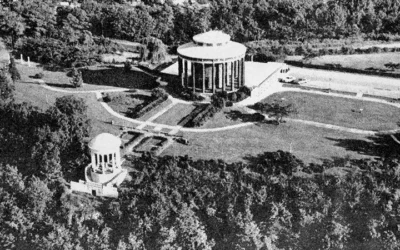










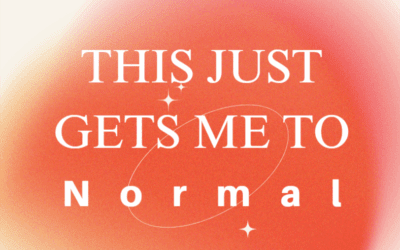

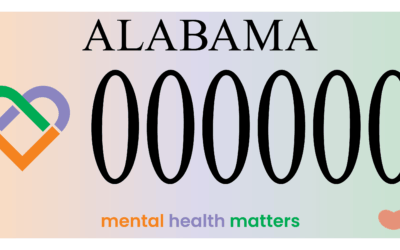
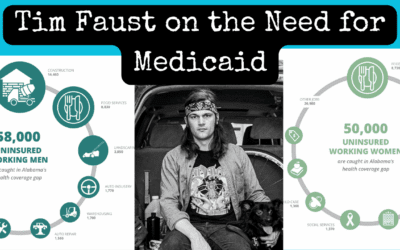

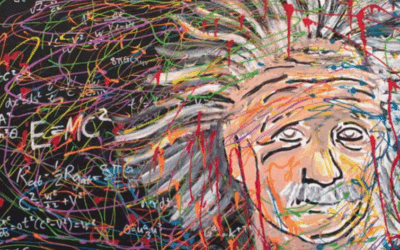

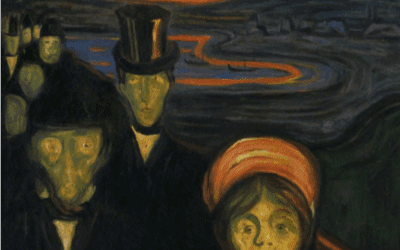


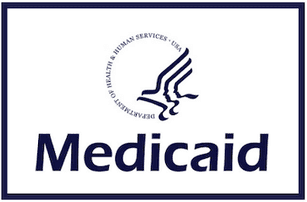
0 Comments